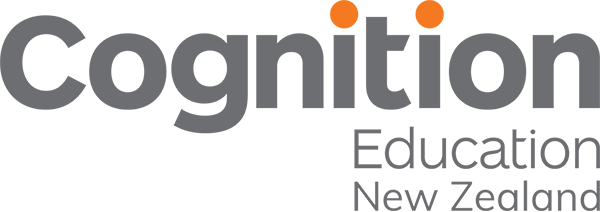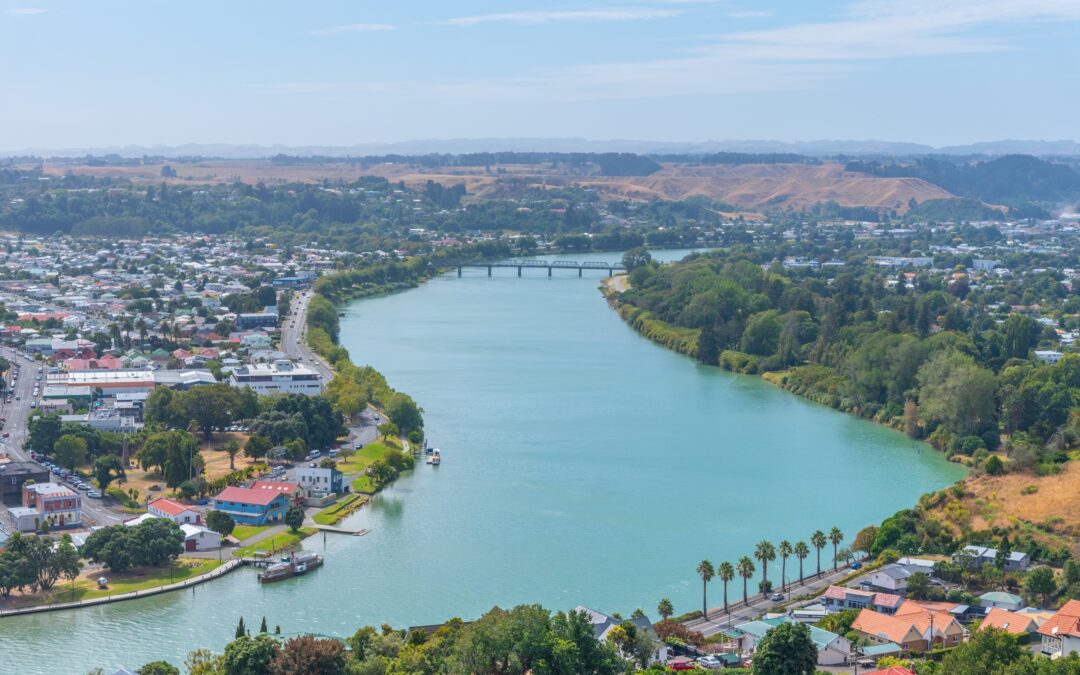PLD in Whanganui
In 2014, the New Zealand Ministry of Education identified a need to explore different ways to engage with iwi to accelerate achievement outcomes for Māori students. In partnership with Te Puna Mātauranga, the education authority for Whanganui Iwi, Cognition Education began work on an iwi-led professional learning and development project for secondary schools in the local area.
Our Solution
Te Kākahu was a Professional Learning and Development (PLD) response that worked directly with whānau, hapū and iwi within the Whanganui area. It was part of a larger Ministry-funded programme, Building on Success which aimed to strengthen schools and iwi capability to accelerate valued outcomes for Māori learners in secondary schools.
At its core, Te Kākahu had a collaborative impact model led by Te Puna Mātauranga o Whanganui and Cognition Education. The programme provided a comprehensive, holistic, youth and whānau driven way of responding when children or youth experience significant challenges in their lives. It was anticipated that the programme would lead to Māori learners being successful as Ngā Iwi and increase success in the National Certificate in Education Achievement.
Te Kākahu featured a programme theory that combined active involvement by whānau, hapū, and iwi, effective leadership practices, classroom relational pedagogies, and place-based contexts for learning. The project involved eight secondary schools. Impact was defined by both iwi and school and Ministry education measures which were equally relevant, valued, and weighted.
Schools worked with facilitators to design an individual inquiry-based programme of support, informed by school and student achievement, engagement, and participation data. School leaders (or coaches) planned ‘learning conversations’ with teachers to reflect on current teaching practices and impact on learners.
Boards of Trustees, leaders, and teachers contributed to embedding the identity, language, and culture of their Māori students into school programmes and teaching practices. They also focused on pedagogy which highlighted relationships for learning which is known to impact on outcomes for Māori learners. As part of the project, a school committed to ongoing classroom observations and monitoring of student results.
An iwi education forum known as Te Paepae Mātauranga, also collaborated on the programme to support engagement with schools in their respective regions.
The notion of effective practices for Māori learners was extended from the classroom and school to effective practices for whānau, hapū, and iwi. This collective impact model strengthened the dual roles and shared responsibilities between schools and whānau, hapū, and iwi to provide authentic learning opportunities where younger generations could achieve educational success as Ngā Iwi.
Outcomes
Monitoring and evaluation evidence indicated significant progress towards programme outcomes, including:
- Shifts in leader and teachers’ practices towards a more inclusive, relationships-based pedagogy
- Enhanced engagement of Māori learners with their schools and their learning
- Increased demand and participation of iwi, hapū, and whānau in powerful education partnerships with schools
- Positive trends in learner achievement including NCEA achievement.
For more information visit TKI.

